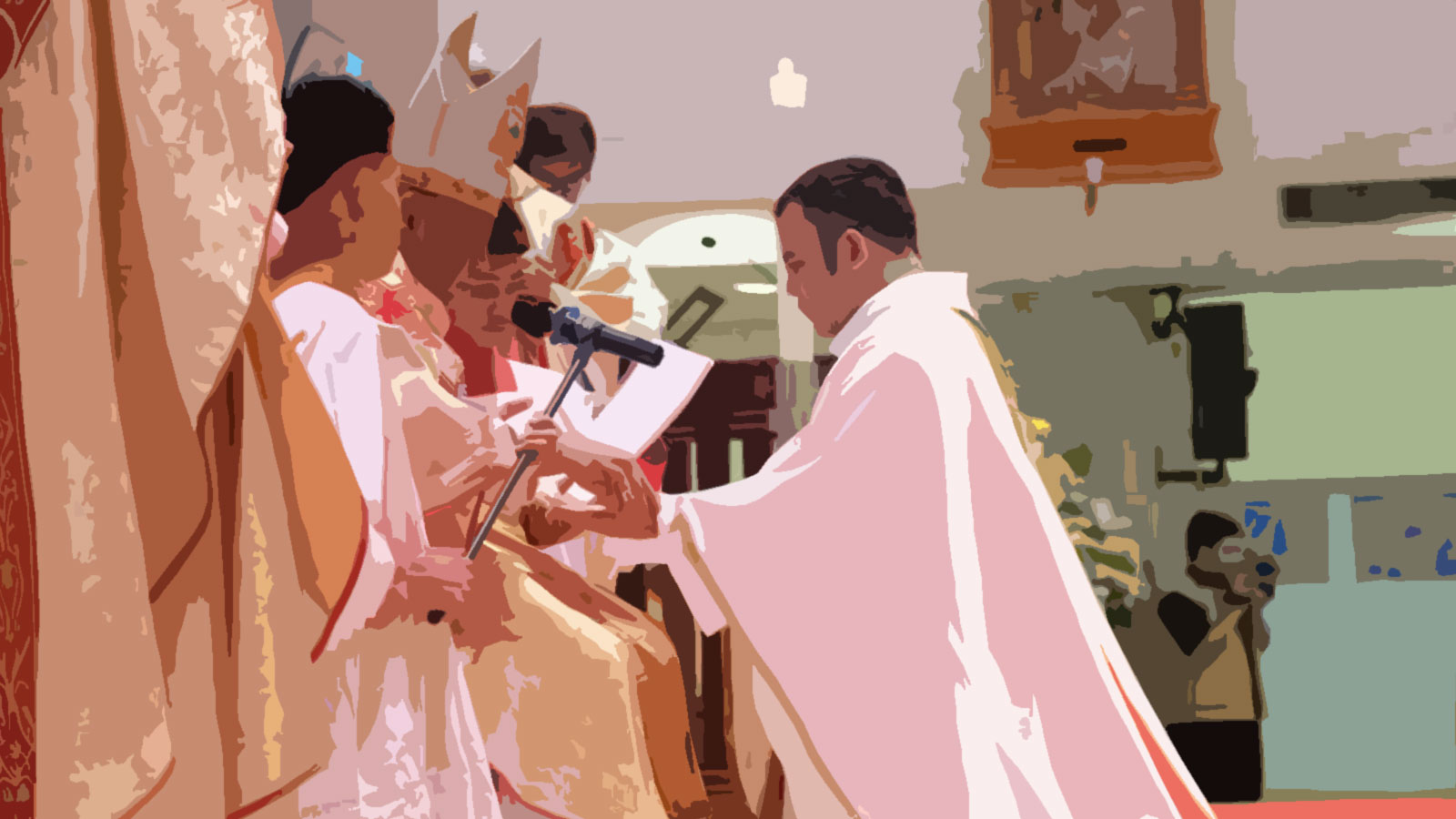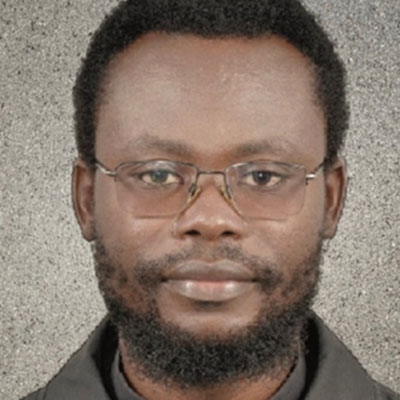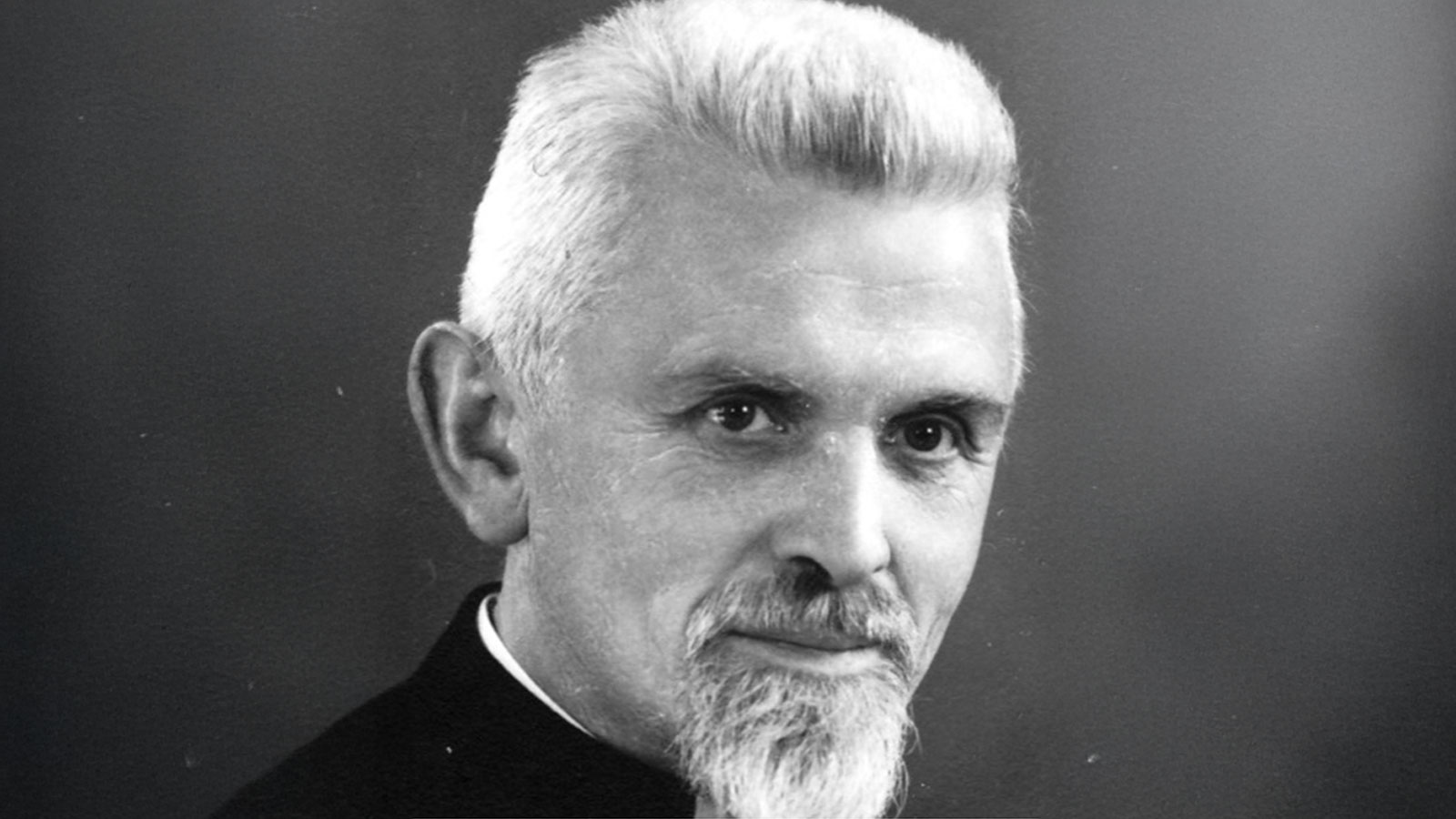 By Jonel B. Dalimag, cicm
By Jonel B. Dalimag, cicm
Introduction
Why do we tend to forget the Brothers? This question was raised many years ago and is still being asked today. The General Government asked Euntes to study the issue of the brothers in the CICM in 1997. The study was not guided by the question “how” but “why”. In 1998, the Euntes Center for Ongoing Formation issued a Memo titled ‘BROTHERS IN CICM: THINKING AHEAD’.1 As a result of the study, the 12th General Chapter of the CICM passed four recommendations in 1999.2 What happened to all of these recommendations? Why do we tend to forget the brothers? After an 18-year-long break, the 15th General Chapter in 2017 expressed a desire, not a recommendation, to review the brother-questions. This wish paved the way for the organization of the first General Assembly of the CICM Brothers.
First Assembly of CICM Brothers
From August 14 to 20, 2022, seven (7) CICM Brothers gathered at Centro Ad Gentes in Nemi to discuss their vocation as religious missionaries: Louis Lokumu (KIN), Wilfried Meulemeester (BNL), Robert Dixon (US), Agustin Beya (AFA), Hector Guazon (RP), Niel Arca (RP), and Jonel Dalimag (RP). The Assembly was organized and facilitated by the General Committee on Mission (GCM). According to the 2022 Elenchus, there are only 28 brothers in the Congregation, accounting for 3.6% of the total membership. Only seven of the 28 CICM Brothers attended the Assembly to reflect on their identity, vocation, and mission. They walked through the Congregation’s history and documents to help guide their reflections.
Théophile Verbist and the CICM Brothers
During the Assembly, the ‘Magnificent Seven,’ as the GCM Chairman and Vicar General Adorable Castillo referred to them, looked back at the history of the brothers’ vocation in the CICM. They were guided by the booklet, Let the Brothers Speak3, which summarized the history of the brothers’ vocation in the CICM since its founding. The CICM’s history demonstrates explicitly that ‘From the beginning of the Institute our founder Théophile Verbist and his companions anticipated that lay-Brothers would be an essential part of the missionary venture.’4 Verbist did not envision a congregation for clergy only. His initial intention of going to China to care for abandoned children clearly defines his vision of establishing a missionary congregation, that is, one dedicated to serving humanity. The Founder’s missionary vision, as expressed in his many letters, opens the door for non-ordained members of the Congregation:
It is striking to read in the letters of Théophile Verbist how much he wished to have brothers . . ., i.e., brothers having a real vocation and a strong religious formation. He believed that they could render invaluable services for the material organization and the life of the mission.5
The Founder’s spirituality is founded on his strong sense of humanity:
Théophile Verbist did not do ‘great thing.’ He did not construct magnificent buildings, create powerful institutions, write a book or treatise on mission. He wrote simple letters of friendship and encouragement. He only spent 27 months in foreign mission and he died young. He just simply responded to the call of mission, the call of basic humanity. He took care of the abandoned children and tried to provide for the needs of the people around him. simple acts of solidarity and human kindness. This is our very own inspiration. The future of the Congregation depends on our particular response to this fundamental call of humanity.6
This reflection on the Founder’s personality and spirituality set the tone for the rest of the Assembly’s sharing and discussion.
The CICM Brother: Identity and Mission, A Journey from Within
The Assembly’s objectives and expectations were high: to revitalize vocations to religious brotherhood in the CICM; to formulate and recommend general principles and policies to revitalize the vocation to religious brotherhood, and present proposals and recommendations to the Congregation’s 16th General Chapter. However, it should be noted that the Assembly of CICM Brothers was not organized in preparation for the 16th General Chapter.
To meet the set objectives and expectations, the ’magnificent seven′ embarked on a journey from within, guided by the brothers’ history in CICM. The sharing and reflections were based on personal experiences as CICM brothers. What emerged from this sharing and reflection is the long-established common identity of a CICM brother:
The CICM Brother is first of all a baptized disciple of Jesus Christ. He views his baptism as a ministry to continue the mission of Jesus Christ in the world. As a religious he opted for a radical discipleship for mission. He critically returns to the roots of the Christian faith and is aware of the fact that he is called to follow the Lord very closely. His faithfulness to this call is lived through the observance of the three vows.7
In other words, a CICM Brother is a religious missionary in his own right. He is not just a priest’s assistant; he is not a second-rate missionary; and, most importantly, he is not someone who failed to meet the requirements for the priesthood. The identity of a CICM brother is not dependent on the identity of a religious priest. At CICM, we are all religious missionaries. If we all journey together from within and into the original spirit of our congregation, we will discover that we are all brothers in the same charism with one common vocation and mission! The CICM requires a thorough understanding of our common identity:
We should go back to the basics and seriously reflect on our identity as religious missionaries. It will not be easy to initiate such a conscientization process. Consequently, the conscientization process should focus on our common missionary and religious identity – not to be equated with the priestly identity. Hopefully, we will realize one day that we are all brothers, just missionaries.8
Challenges Ahead
The clerical mentality is very prevalent in the Congregation. It will be difficult to change this mentality. This is because clericalism is deeply embedded in our processes. The Congregation’s formation program is geared toward the priesthood. The element of missionary formation is missing from the Congregation’s formation program. The spirit of missionary formation pervades seminary activities such as weekend apostolates and immersions, as well as the content of the theological studies program. This gives the impression that ordination to the priesthood is the primary goal of CICM formation. Thus, when someone expresses an interest in becoming a missionary Brother, those in charge of formation are at a loss for what to do. As a result, the formation of a Brother-candidate is highly improvised. Or he simply follows the formation that leads to ordination. Worse, confreres discourage a brother-candidate from pursuing brotherhood and instead encourage him to pursue the priesthood. This was absolutely clear during the Assembly’s discussion.
The problem of embedded clericalism is not limited to formation programs. The problem is even worse in the mission. CICM brothers have no place in our Provinces, where our missionary presence is mostly in parishes with a focus on the sacraments and in ad intra ministries. In our Provinces, CICM Brothers must create their path, sometimes without the support of the Province. However, the Brothers struggle to find their own way and be effective missionaries because their formation, which is clerical in nature, does not provide them with the necessary tools. Professional training of CICM Brothers is required! This is one of the 12th General Chapter’s strong recommendations. Every year, CICM Provinces and even the General Government send confreres for studies (supposedly to meet mission needs), but professional formation or training of CICM Brothers has yet to be explored. Again, the CICM Brothers must attempt to establish their own path to become relevant to the Congregation. Is there hope for the CICM Brothers in the congregation?
If we judge by our Documents and dig deeper into the spirit of our identity and mission, the answer to the above question is a resounding YES. Our General Guidelines for Mission state clearly that the criteria for our missionary presence, as well as the missionary attitudes required for our involvements indicate a clear path for the missionary ministries of the CICM Brothers. Nothing in the General Guidelines for Mission states that we should be in parishes and only do pastoral and sacramental work. The Guidelines simply state that as missionaries, we must respond to the missionary needs of the place where we are sent; that we must be missionaries of encounter and dialogue; and that we must be pioneers and in solidarity with the people. If our Provinces and communities honestly believe in these Guidelines, there is a good chance and hope that the vocation and mission of CICM Brothers will be revitalized, which will, in turn, restore the entire Congregation.
“I am always of the opinion
that brothers
are needed.”9

___________
1. EUNTES Center for Ongoing Formation, Memo 4: Brothers in CICM, Thinking Ahead, 10/11-GG/Euntes (Kessel-Lo, August 1998). For better appreciation and understanding of the results of the recent General Assembly of CICM Brothers, it is recommended that this document be republished in the Chronica for all confreres.
2. Mission in Frontier Situations, Acts of the 12th General Chapter (Rome, 1999), pp. 30-31.
3. «Let the Brothers Speak» is a document compiled by Jonel DALIMAG which served as an instrumentum laboris of the Assembly. It is recommended that this document be also made available to all confreres.
4. Van Den Berg, Leo, “CICM Brothers” in Chronica, 66 (1996)7, pp. 257-260.
5. Nestor Pycke, “CICM: Foundation, Charism, Venture and Spirit”, in A Passion for Mission, 150 years of CICM, pp. 4-37.
6. Adorable Castillo, August 15, 2022 (Centro Ad Gentes, Nemi). Adorable Castillo animated the first day of the Assembly, which was scheduled as a recollection. He focused his reflection on the CICM Missionary Spirituality.
7. Ibid., p. 19.
8. Brothers in CICM: Thinking Ahead, 1998, pp. 21-22.
9. Letter 269. See: Verhelst Daniels and Hyacint Daniels, La Congregation du Cœur Immaculé de Marie (Scheut), édition critique des sources, Tome II A, La correspondence de Théophile Verbist et ses Companions 1865-1866 (Presses Universitaires de Louvain, 2003), p. 8.
 We, twenty-two CICM confreres, who completed the Initial Formation between 2010-2014 and participated in the 2022 Ongoing Formation Session organized by our General Government, at the CICM Mission Center, Maryhill, Taytay, Rizal- Philippines, from October 9 – 30, 2022, are grateful to the Congregation for:
We, twenty-two CICM confreres, who completed the Initial Formation between 2010-2014 and participated in the 2022 Ongoing Formation Session organized by our General Government, at the CICM Mission Center, Maryhill, Taytay, Rizal- Philippines, from October 9 – 30, 2022, are grateful to the Congregation for: 











